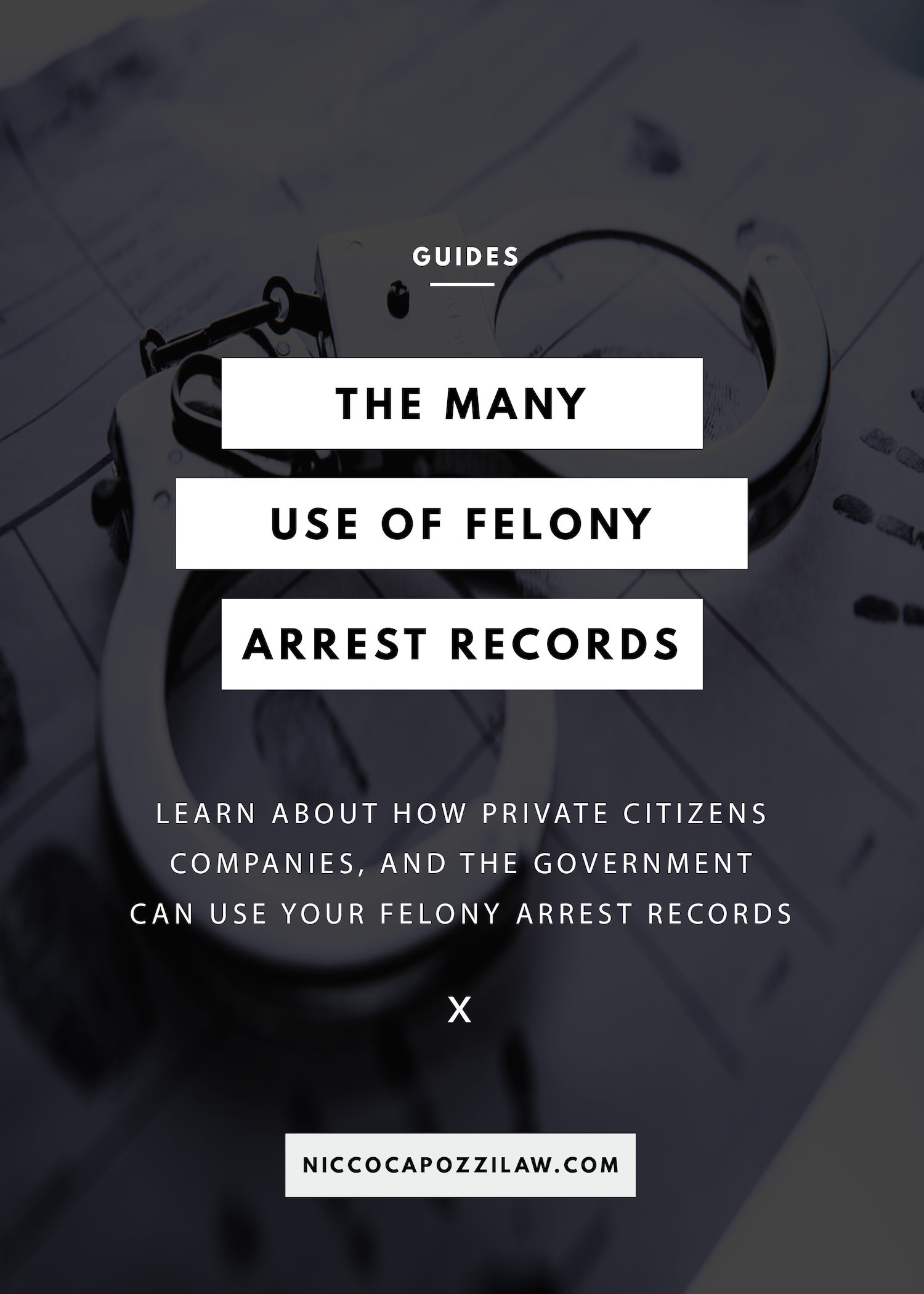This is not an article about the recent Trump orders concerning travel bans. This is a discussion on the orders signed by President Trump and the memorandums issued on February 21, 2017 by Homeland Security Secretary John Kelley that set out a new direction on agency policies intended to beef up immigration enforcement, deport more people, and prevent asylum seekers. The issues do concern immigration law (which is not discussed here) but the policies also greatly impact criminal case procedure. Many of my clients are undocumented and they currently live in great fear over the new policies and so now is a good time to lay it all out so that you or someone you know is informed about what it all means.
Background of the February Immigration Memorandums
On January 25, 2017, President Trump issued two executive orders concerning immigration: (1) Executive Order: Border Security and Immigration Enforcement Improvements and (2) Executive Order: Enhancing Public Safety in the Interior of the United States. The orders directed the Department of Homeland Security to execute the new policies. In response to the orders, on February 20, 2017, the Department issued two "implementation memos": (1) Implementing the President's Border Security and Immigration Enforcement Improvement Policies and (2) Enforcement of the Immigration Laws to Serve the National Interest. It is in these memos where we find the nuts and bolts of how the change in policy affects criminal case procedure. In essence, these memos call for a vast increase in the hiring of new border patrol and immigration officers, the establishment of the new "VOICE" office, and a great increase in the number of an unauthorized immigrants who can be quickly deported.
ICE raids continue to rise as new policies get implemented. Getty Images.
The orders and memos clearly came as a result of Trump following through on his campaign promises. No one can say he did not warn everyone about what was coming if he were elected. Now that he is elected we must all try and piece together what these new policies actually mean. Pro-immigrant groups were quick to slam the new policies but Trump's political base seem to love the new policies. These policies have also raised the profile on discussions of so-called "sanctuary cities": cities that make it a rule to not work with immigration officers in implementing the new Trump policies. Trump has promised blocking federal funding for any sanctuary city: Sanctuary cities “are not eligible to receive Federal grants, except as deemed necessary for law enforcement purposes by the Attorney General or the Secretary.”
The discussion of "Dreamers" has also become a popular topic. Dreamers are those undocumented immigrants brought to the United States as children. It appears, for now, that the Obama administration stance on Dreamers remains current policy; the policy, called the Deferred Action for Childhood Arrivals, provides protection for these people so long as they commit no illegal act.
Who is affected by the new policies?
Prior Obama immigration policies really only placed great focus on those unauthorized immigrants who had been convicted of a crime. Even then, the focus was only on two types of crime: (1) crimes of moral turpitude and (2) crimes of violence. Trump policy is to go after the same people (vigoursly) as well as those who have pending criminal cases or those who might have committed an illegal act (including coming here illegally). So, in essence, every unauthorized immigrant is subject to the new policy because all came here illegally if they are unauthorized. Specially, other than those actually convicted of a crime, officers will now target:
- people here illegally who are charged with crimes but not convicted
- people here illegally who are not charged with a crime but may have committed "acts that constitute a chargeable criminal offense.” This would, in essence, include everyone here illegally.
- those who received a welfare benefit wrongfully
- those who have committed a minor infraction, such as a traffic offense
What is the effect for people involved with criminal cases?
As stated, the new immigration policies effect everyone here illegally. This is because a qualifier for the new deportation policies includes those who may have committed an illegal act even though they were not charged. What does this mean? It means the act of entering the United States illegally would equal the act of triggering the new policy. Will these people be the priority? Probably not, but it does make many more a target for ICE officers that were once protected under prior policy.
People charged with crimes (but not convicted) have much more to worry about. Per the terms of the new policy, ICE officials can simply review court dockets to see who is charged and cross-reference it with their lists and simply go out, detain, and deport. The policy also eliminated the policy of only targeting those convicted of crimes of moral turpitude and/or of violence. So, if you have any sort of criminal record you are now a more a target.
ICE officers can now make what are called "collateral arrests."
ICE agents are now actively seeking out more illegal immigrants, especially those with any sort of criminal records. But a new trend has just begun and one that everyone should become familiar. ICE officers now have the go-ahead to conduct collateral arrests. These arrests occur when an illegal alien is simply at the place where ICE officers are attempting to arrest some or if they are there simply to investigate.
Immigrants at risk of collateral arrests are those who are here illegally and do not themselves have any criminal history. If they are the scene where ICE officers are attempting to arrest another person or are witnesses or family members, ICE can now arrest them on the spot and subject them to deportation proceedings.
When do the new policies take effect?
This one is simple to answer. The new policies took effect immediately, are currently in effect, and will remain in effect.
What is the new VOICE office?
Trump addresses Congress on February 28, 2017. Photo courtesy of WSB-TV 2.
As part of the new Department policy came the creation of the Victims of Immigration Crime Engagement (VOICE) office. The stated purpose of this office within the Department of Homeland Security & Immigration and Customs Enforcement (ICS) is to work with victims of crimes committed by illegal immigrants, or in the memos own words, because “Criminal aliens routinely victimize Americans and other legal residents.” This statement and slated purpose flies in the face of data that suggests that illegal immigrants actually commit fewer percentage of crimes than native-born citizens. Trump personally informed Congress of the new VOICE office and stated "We are providing a voice to those who have been ignored by our media, and silenced by special interests.” According to the memo, "Often, these victims are not provided adequate information about the offender, the offender’s immigration status, or any enforcement action taken by ICE against the offender." The VOICE office will work to provide victims and families all of the immigrant's information, so long as the disclosure does not violate the law or threaten national security. This is a clear shift from Obama policy that kept such information private. The office would also keep them updated on the immigrant's court process, including criminal and deportation courts as well as the status of their deportation proceedings.
What can you do?
If you are not involved with the criminal process the best thing you can do is stay informed of the legal developments as well as stay clear of known illegal immigrants who are involved with crime. If you are a person facing a criminal charge having an experienced attorney is pivotal to your success, now more than ever. It is also a good idea to consult with a immigration attorney. Those with criminal convictions should do what they can to try and get the case expunged. This is not mentioned at all in the new policy but it may make you less of a priority for ICE officials.
Update (April 2018)
In February 2018, the Supreme Court made the decision to defer the DACA appeal. While this was a major sigh of relief, Congress still has yet to find a permanent solution to protect DREAMers, which leaves many unanswered questions about their future, including their finances.
To help with this issue, Bankrate.com created a resource that provides five financial moves DREAMers should make to help protect themselves and their future. This guide also includes a printable financial checklist.
You can view the guide here: 5 Financial Moves DREAMers Should Make Now.









